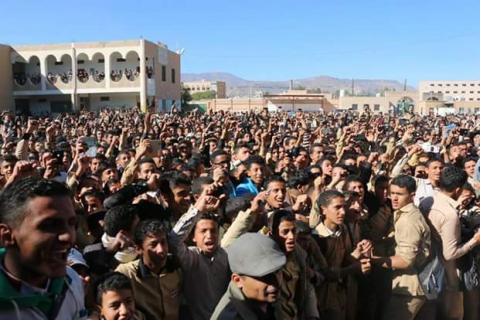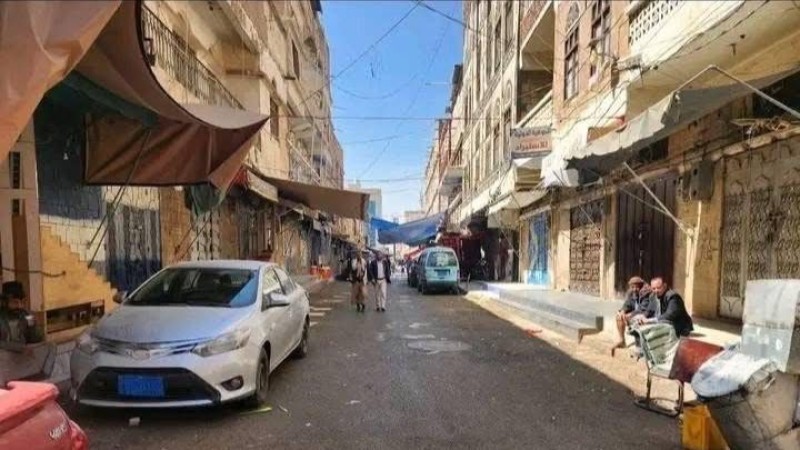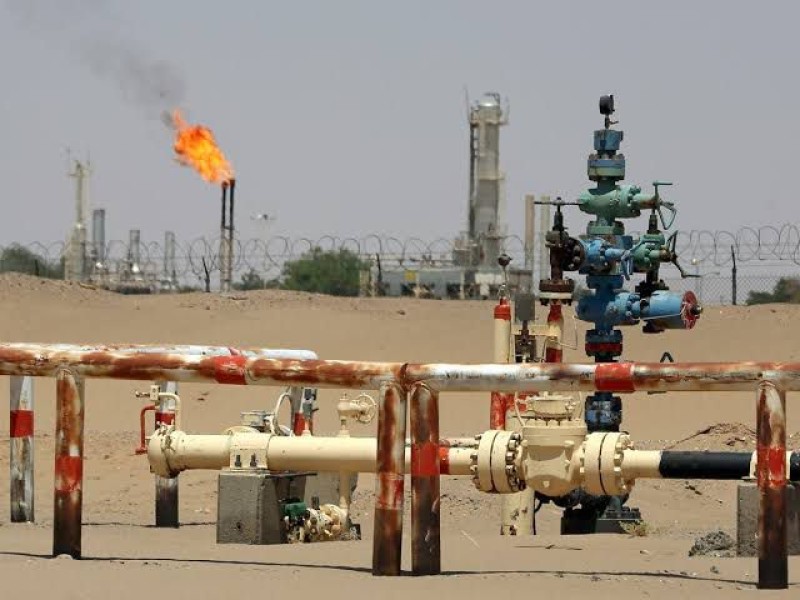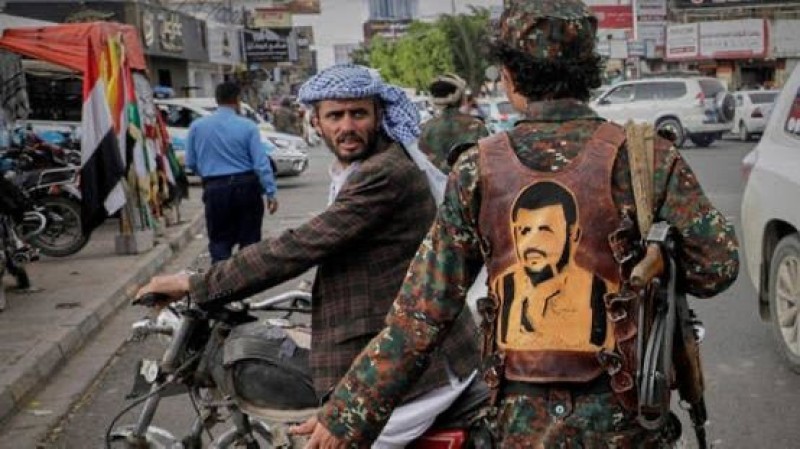Yemeni fighters allied with a Saudi-led coalition capture new provinces in South


Yemeni fighters allied with a Saudi-led coalition captured a province and made inroads in another major city in the country’s south, extending a series of victories that have given them the upper hand in the battle to oust Houthi rebels from power.
The Houthis withdrew from the southern province of Shabwa on Saturday under an agreement with local tribes and officials, a Houthi official said, allowing Saudi-aligned forces known as the Popular Resistance to seize power. By Sunday, the Popular Resistance forces were also making gains in Taiz, a strategic southern city held by the Houthis since March.
The Houthis withdrew on condition that Islamic State-affiliated militants and al Qaeda in the Arabian Peninsula (AQAP)—the global terror group’s local arm—wouldn’t be permitted to advance into the province, the official said.
AQAP, al Qaeda’s most dangerous offshoot, controls parts of Yemen and Islamic State has at least two nascent offshoots operating in the Arab world’s poorest state. One of the Islamic State affiliates claimed a recent series of car bombings in the capital, San’a.
The loss of Shabwa represents a major setback to the Houthis in the face of a strengthening assault by the forces aligned with the Saudi coalition.
The rebels, however, still control the capital San’a as well as most of Yemen’s other major cities.
Houthi leaders had long characterized their spread through the country’s south as an attempt to rid the area of extremists. But their opponents say this claim is just a pretext to expand their territory.
In Taiz, the Popular Resistance forces took control of the governor’s office and other government buildings, according to Yemeni officials. But they said the Houthis still controlled a number of outposts.
“We will keep fighting until we liberate the whole country and establish a state of law and order,” said Rashad al-Sharabi, a spokesman for the Popular Resistance in Taiz.
But Saleh al-Sumad, head of the Houthis’ political office, said in a Facebook post Sunday that the withdrawal from southern areas was tactical and was the prelude to a powerful counterattack.
“Everything that has been happening in the south comes in the process of the preparation for the painful, powerful strike against the head of the snake,” he wrote, referring to Saudi Arabia.
Brig. Gen. Ahmed Aseeri, a spokesman for the Saudi-led coalition, sounded a note of caution despite recent advances. He said the southern provinces weren’t yet totally free of the Houthis.
“These provinces are still not 100% secure,” he said, adding that the Houthis could launch new attacks. He ruled out an imminent march on San’a.
Still, the weekend gains in Shabwa and Taiz are the latest in a series of coalition victories in the conflict that began in March.
The Houthis, who hail from northern Yemen and adhere to the minority Zaidi offshoot of Shiite Islam, seized large swaths of territory last year, culminating with the capture of San’a.
They took full control of Yemen’s government in February, sending the Saudi-backed president, Abed Rabbo Mansour Hadi, into exile in Riyadh. His flight prompted Saudi Arabia to assemble a coalition of mainly Arab states with the aim of pushing the Houthis from power and restoring Mr. Hadi.
The Sunni monarchy of Saudi Arabia views Yemen as part of its sphere of influence in the region and a bulwark against Shiite Iran, which Saudi Arabia insists is the Houthis’ key backer.
The coalition began airstrikes targeting the Houthis in March, but the attacks initially did little to roll back their territorial gains.
Extremism thrived in the power vacuum, as AQAP took control of the port city of Al Mukalla in the southeast and a local Islamic State offshoot carried out car bomb attacks and bombings of Houthi mosques in San’a, killing hundreds of people.
But the tides suddenly shifted in July, when coalition forces, aided by a deployment of ground troops from Saudi Arabia and the United Arab Emirates, defeated the Houthis in Aden—the southern port city where Mr. Hadi enjoys widespread support.
Coalition-aligned forces have since pushed further north, taking the provinces of Lahij, Abyan, Dhali and now Shabwa, closing in on San’a.
WSJ

Sana’a – A new international report has confirmed that Houthi militias continue to escalate economic measures against the commercial se…

Aden — For three decades prior to the outbreak of war, Yemen’s oil and natural gas sector played a decisive role in shaping the country…

Sana’a – The occupied Yemeni capital Sana’a is witnessing mounting economic panic and a sharp collapse in the real estate market…